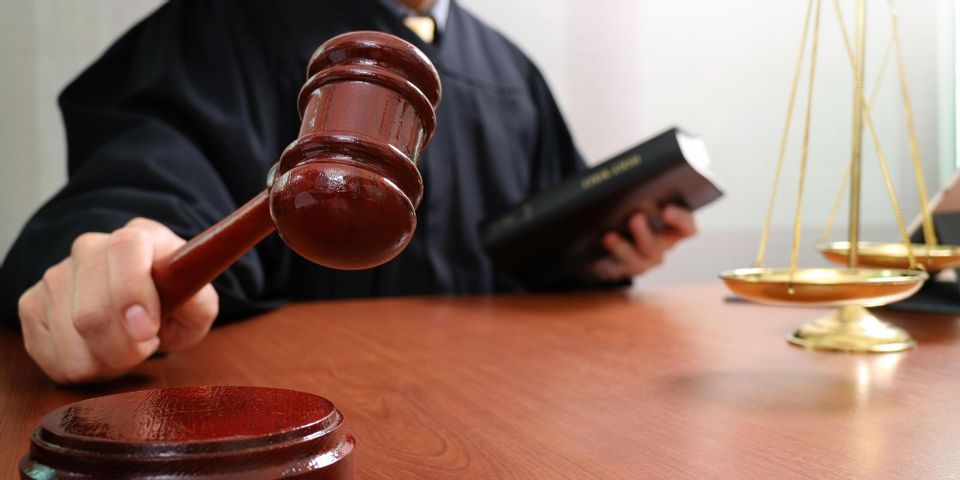
"Innocent until proven guilty" is one of the bedrocks of the American justice system. If you are accused of a crime, you have a right to equitable treatment, representation by a defense attorney, and a fair trial. Criminal law procedures lay out in detail how guilt is either determined or disproved. Below, learn more about how these procedures work.
Investigation
Before anything else can happen, an investigation must occur. Law enforcement can launch an investigation into any situation that raises reasonable concerns a crime has been or is being committed. Officers examine crime scenes, talk to witnesses, gather physical and biological evidence, and report the facts of their findings.
Arrest, Charges, & Arraignment
Once law enforcement has probable cause to believe a person may have committed a crime, officers arrest them. Probable cause is more than mere suspicion, but it is far less of a burden than the beyond a reasonable doubt finding by a jury at a trial to find someone guilty. The prosecution for the state decides whether the evidence warrants the filing of criminal charges.
 The first stage of the court process is the suspect has an arraignment, where they learn more about the charges and their rights. At this stage, they should hire—or have already hired—a defense attorney, or they can request a public defender be appointed to their case.
The first stage of the court process is the suspect has an arraignment, where they learn more about the charges and their rights. At this stage, they should hire—or have already hired—a defense attorney, or they can request a public defender be appointed to their case.
For those suspects pleading not guilty to felony charges, there is a preliminary hearing before the trial in which a judge hears the facts and decides whether there is probable cause to proceed further with the case.
Discovery
During discovery, the prosecutor and the defense attorney share information so they can each build their respective cases. Police reports, crime scene photos, and eyewitness statements are just a few of the materials commonly shared during the discovery stage. The government has the burden of proof in a criminal matter.
Plea Bargaining
Many criminal cases are resolved through plea bargaining. The suspect usually agrees to plead guilty or no contest, either to the existing charges or to lesser ones, in exchange for a lighter penalty or to reduce the risk of losing at trial and receiving a greater penalty.
Trial
If no plea bargain is reached, the case will proceed to the trial phase. Each side presents their evidence and arguments before a judge and jury. Witnesses take the stand and answer questions, and a variety of evidence for each side is entered into the record.
Verdict & Appeals
Finally, the jury renders a verdict. If the defendant is found guilty, they have a right to appeal. Sentencing typically follows the juries verdict if the defendant is found guilty.
A defense attorney will be your ally at every stage of the criminal process. Jeremy L. Clark Attorney at Law has been representing Boyd County, KY, residents for over 10 years. He offers services as a criminal lawyer and family law and personal injury attorney. Call (606) 739-6774 or visit his website to schedule a consultation.
About the Business
Have a question? Ask the experts!
Send your question

